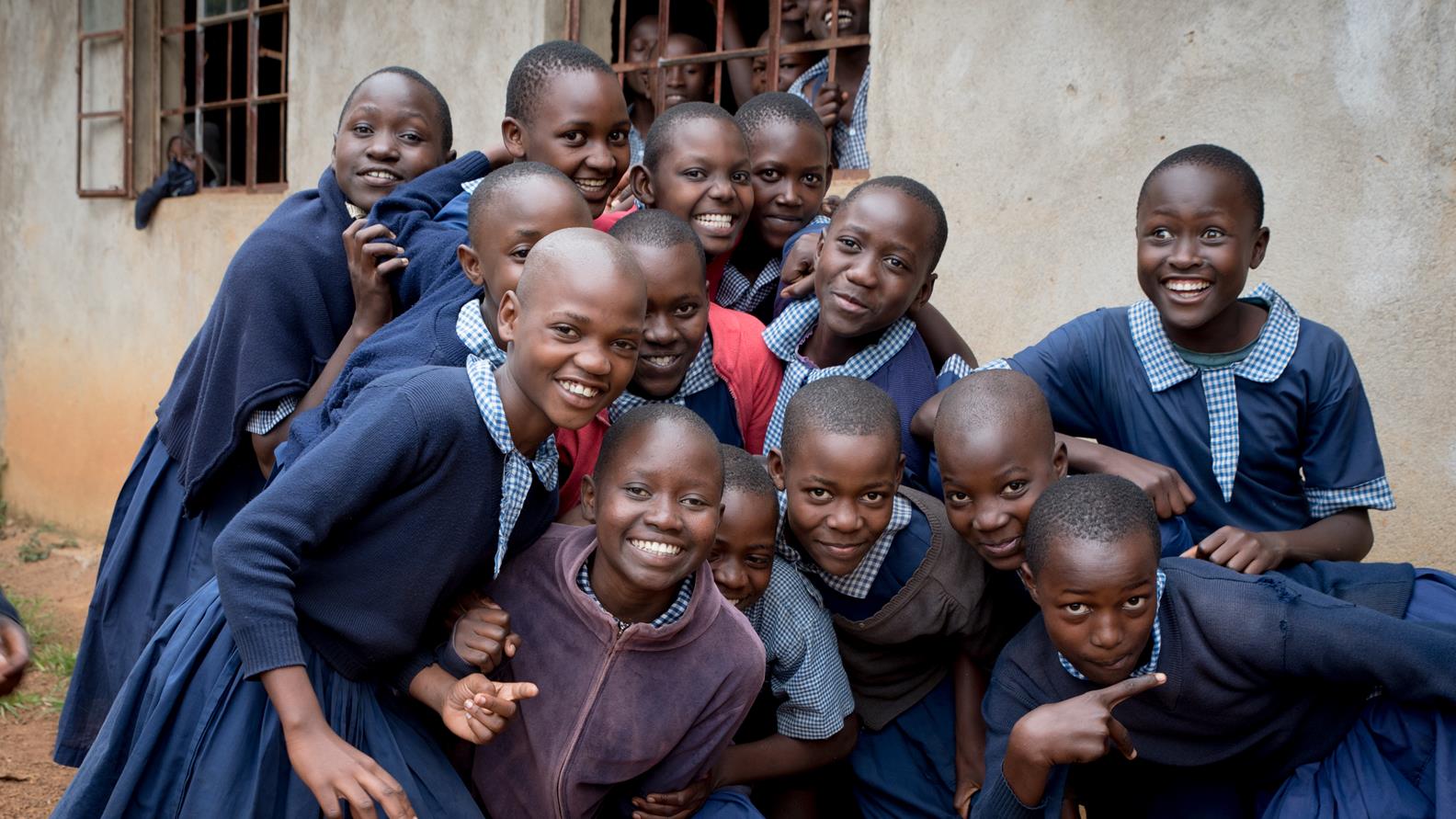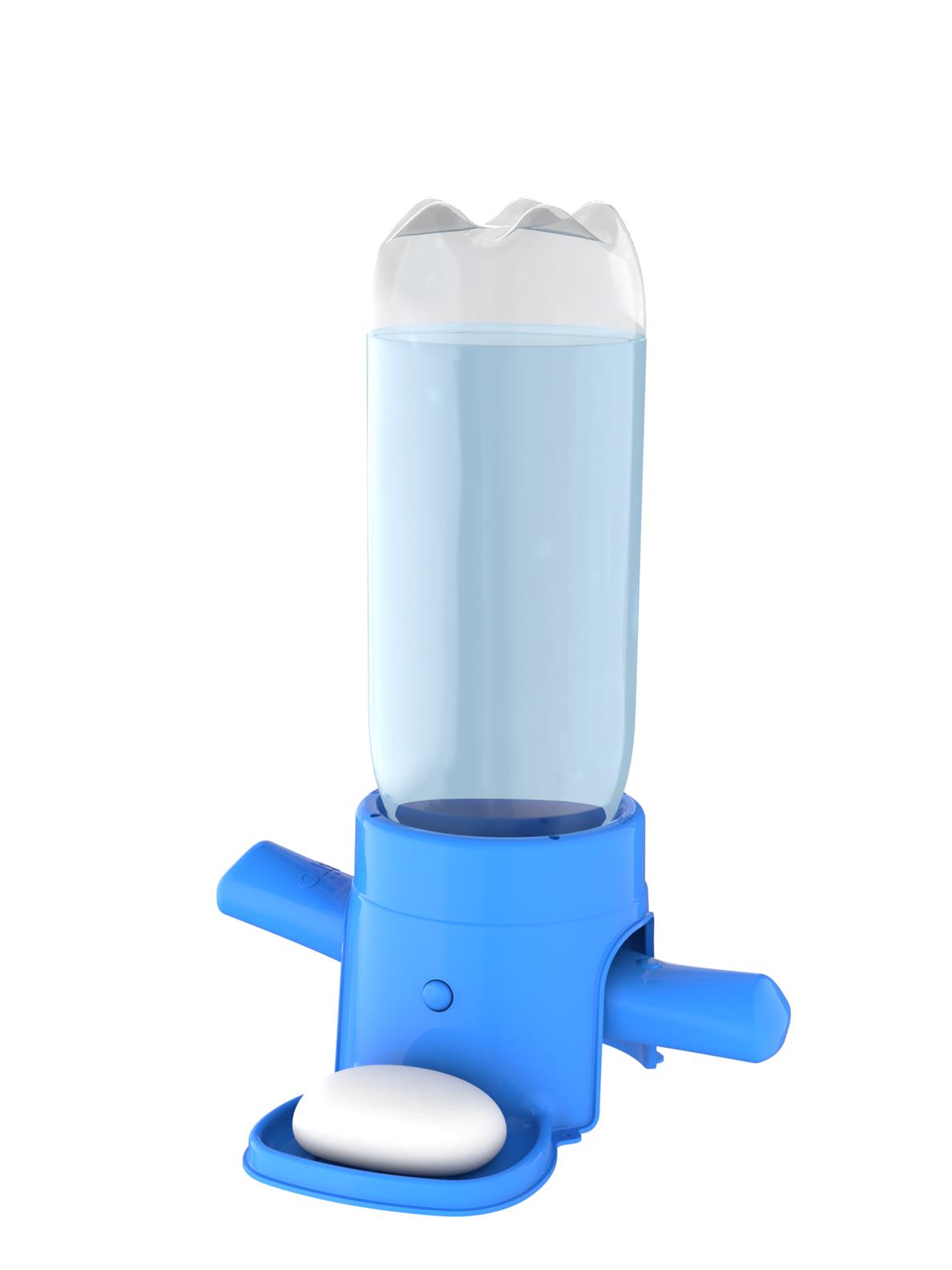Global Handwashing Day 2021
Global Handwashing Day
LIXIL improves hygiene in developing economies
40% of the world’s population does not have access to basic handwashing facilities at home.[1] In the world’s least developed economies, it is as high as 75% of the population. The annual Global Handwashing Day, which is going to be celebrated on 15th October 2021, puts a spotlight on the importance and understanding of handwashing. This global initiative was launched by the WHO in 2008 and counts several partners such as UNICEF.

Why is handwashing so important?
Handwashing with soap and water is a simple and healthy solution to prevent countless diseases and to save lives. Increased hygiene demands have even become more important for the prevention of COVID-19 infection. But, although the importance of hygiene may be known, for approximately 3 billion people around the world, this essential solution is out of reach.
How can hygiene be improved when there is no access to sanitary facilities?
To help protect communities in developing economies in order to improve hygiene, the LIXIL Group Corporation, maker of pioneering water and housing products, provides an innovative handwashing solution called SATO Tap. This one-of-a-kind handwashing station is designed to be used anywhere in the home, even without access to running water.
How does the SATO Tap work?
The SATO Tap consists of a plastic base with a nozzle that can be fitted with widely available plastic bottles. It is compact and can be used both within the home and as a handwashing station at public facilities. The unique tap design ensures low contact, thereby reducing the spread of diseases, while the trickle action minimizes water use, meaning fewer refills, but maintaining solid flow.
How does LIXIL ensure that the communities are addressed appropriately?
LIXIL continuously works on the improvement of hygiene for millions around the world. To ensure that the SATO Tap arrives where it is really needed, LIXIL closely works together with its partners, including UNICEF. Beside the SATO Tap, further activities include the collection of commercial and behavioral insights to strengthen behavior change, joint advocacy to promote hygiene programming and maximizing existing public and private sector networks and supply chains to expand access to handwashing.
